History of the LGBT+ community and fertility
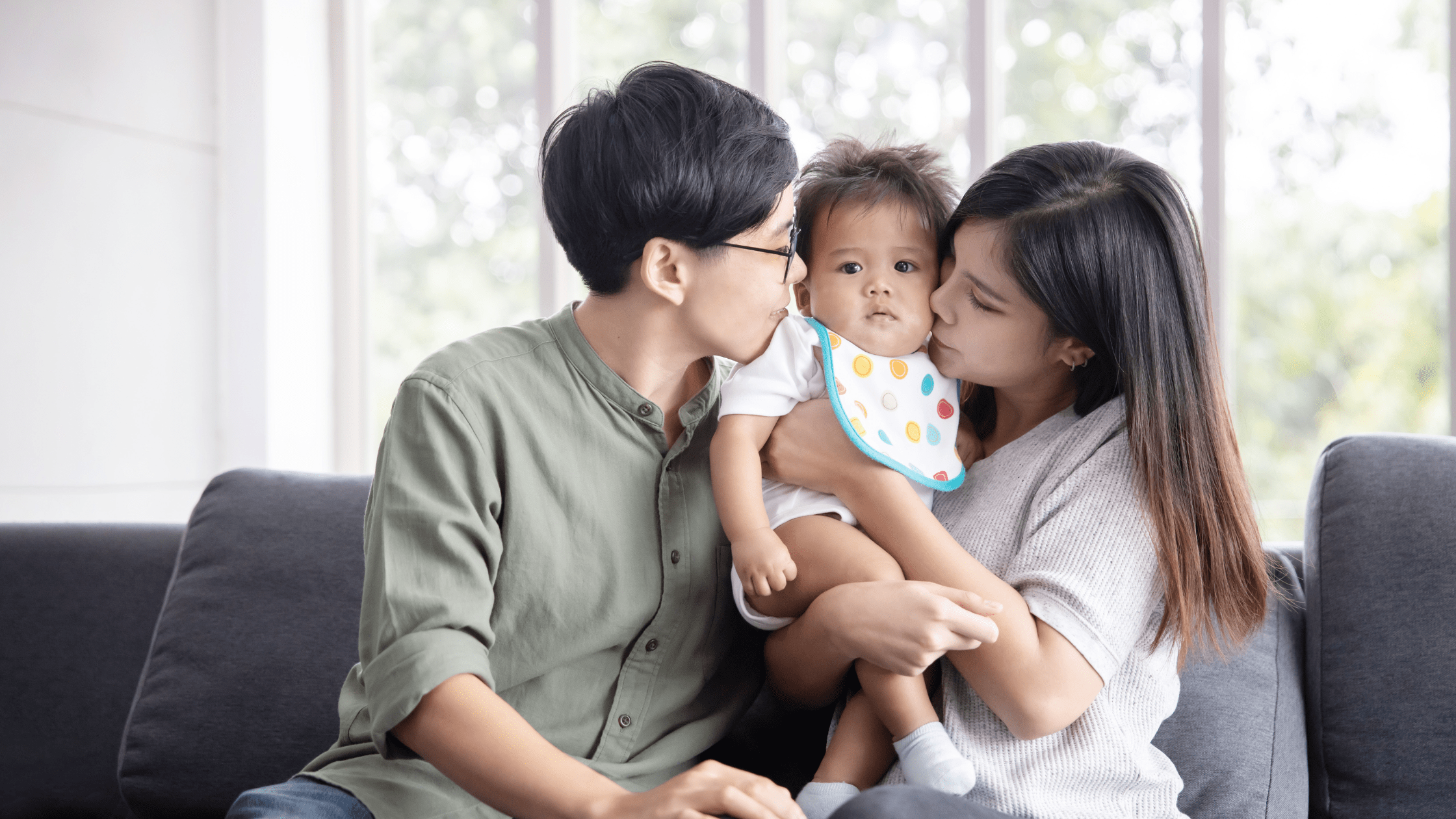
Login to continue reading
This content is for members only, to read the full article log in to your account.
Forgotten your password? Reset your password here.
Join us today
If you don’t have a membership yet, visit our Join us page.
Would you like your employer to pay for this?
For an obligation free chat to discuss how employer membership to The IFVN would work for your business, please contact us using this enquiry form.
Further reading
-
Previous event Ask the Expert – Making Informed Choices: Legal Considerations for Sperm Donation
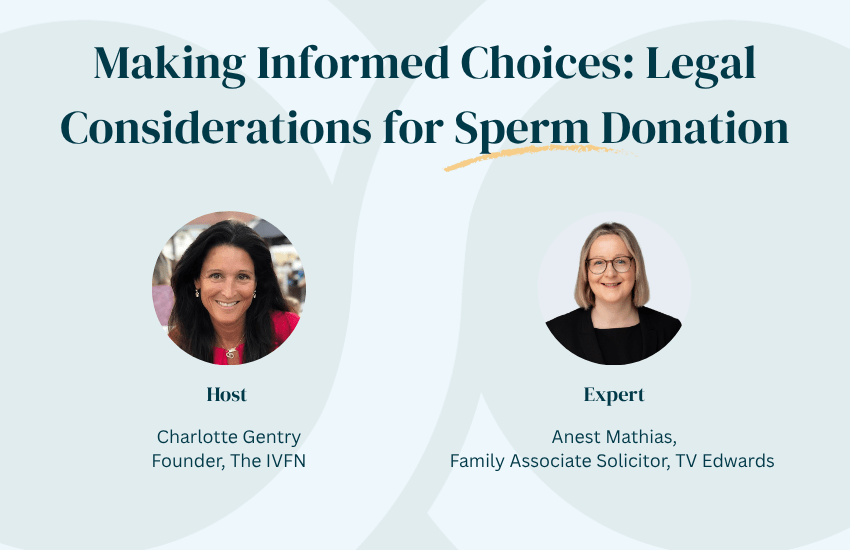
-
Female Alcohol and Fertility: What You Need to Know

-
Female Reproductive immunology – the role of the immune system in fertility treatment
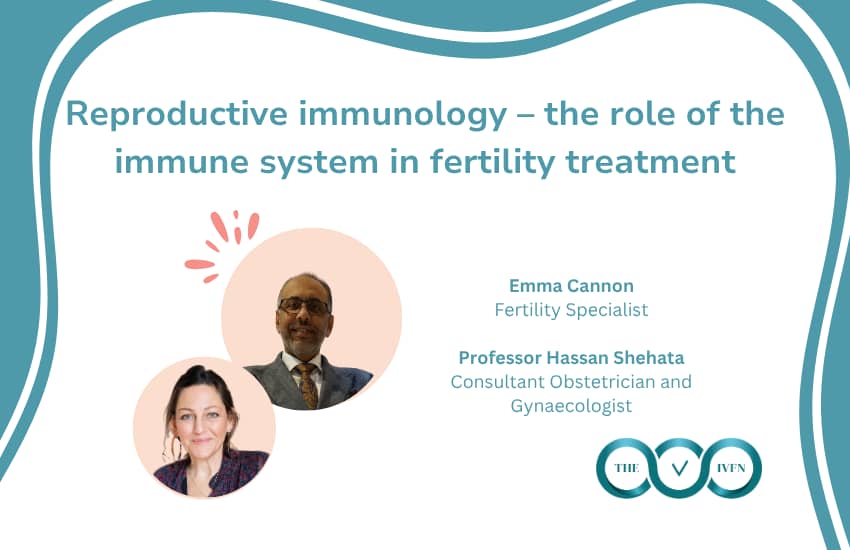
-
Transgender Pregnancy: Will Being Transgender Affect My Chances Of Having a Biological Baby?

-
Surrogacy
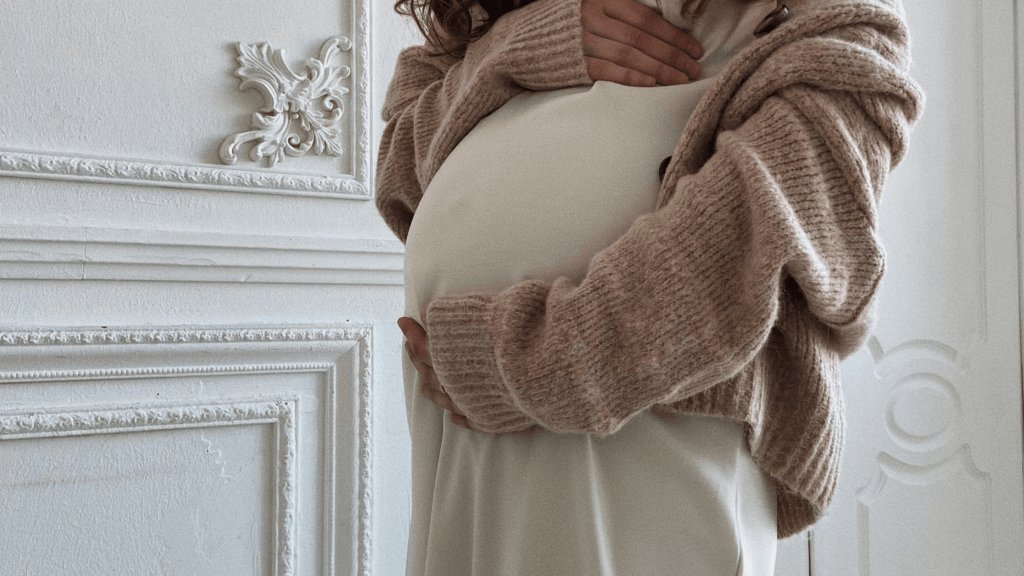
-
Female PCOS Myth Buster
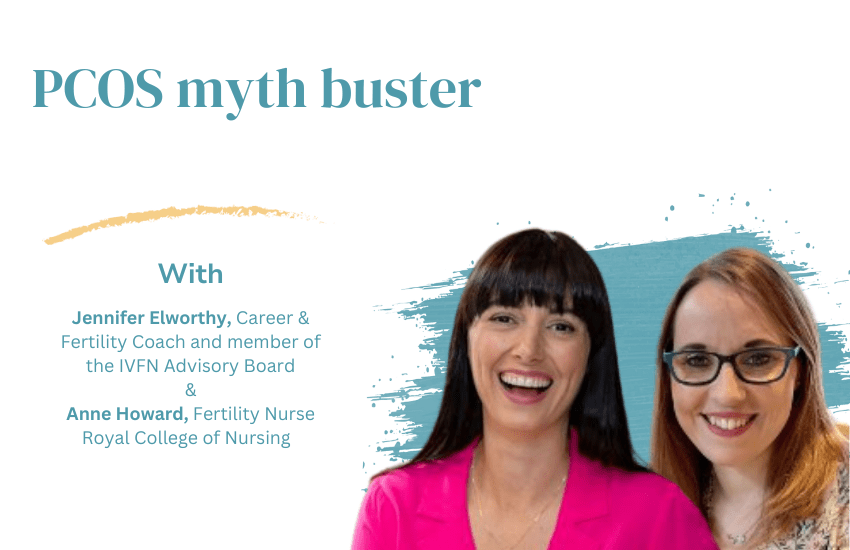
-
IVF What is ICSI?






